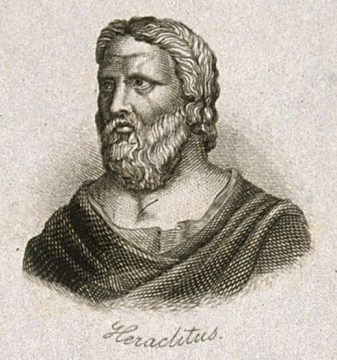 Andrew Hui in Aeon:
Andrew Hui in Aeon:
Before the birth of Western philosophy proper, there was the aphorism. In ancient Greece, the short sayings of Anaximander, Xenophanes, Parmenides or Heraclitus constitute the first efforts at speculative thinking, but they are also something to which Plato and Aristotle are hostile. Their enigmatic pronouncements elude discursive analysis. They refuse to be corralled into systematic order. No one would deny that their pithy statements might be wise; but Plato and Aristotle were ambivalent about them. They have no rigour at all – they are just the scattered utterances of clever men.
Here is Plato’s critique of Heraclitus:
If you ask any one of them a question, he will pull out some little enigmatic phrase from his quiver and shoot it off at you; and if you try to make him give an account of what he has said, you will only get hit by another, full of strange turns of language.
For Plato, the Heracliteans’ stratagem of continual evasion is a problem because they constantly produce new aphorisms in order to subvert closure. In this sense, Heraclitus is opposed to Plato in at least two fundamental ways: first, his doctrine of flux is contrary to the theory of Forms; and second, the impression one gets is that his thinking is solitary, monologic, misanthropic, whereas Plato is always social, dialogic, inviting.
More here.
